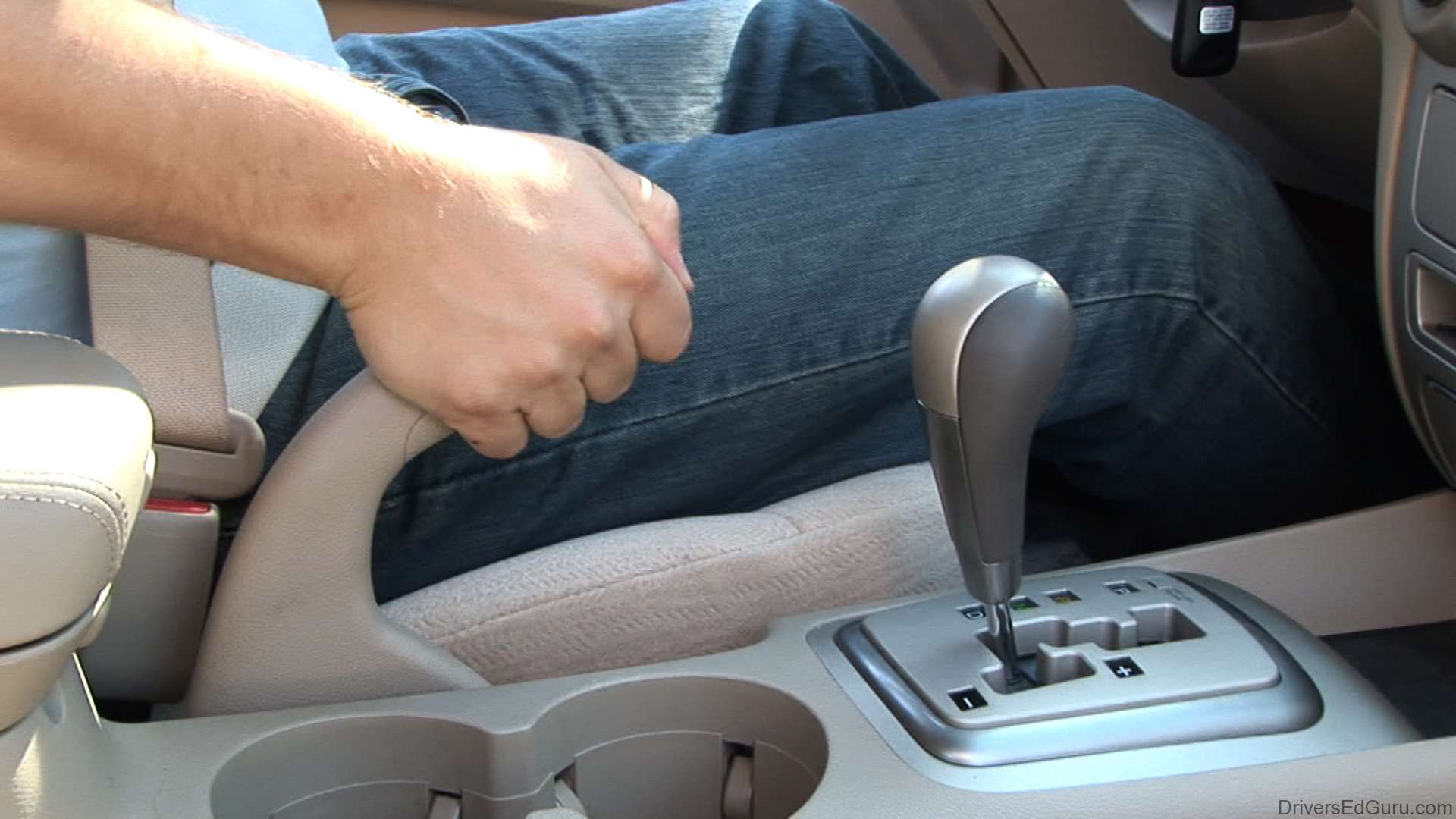Parking brakes are more than just for parking
 I’m sure there have been times in our lives where we don’t use the muscles we may have used previously. I remember playing baseball, then not throwing the ball around very much for a few years and then trying to get back out there and play again. My arm was sore and my legs were sore. My muscles ached and were weak since I hadn’t used them in a while. Sound familiar?
I’m sure there have been times in our lives where we don’t use the muscles we may have used previously. I remember playing baseball, then not throwing the ball around very much for a few years and then trying to get back out there and play again. My arm was sore and my legs were sore. My muscles ached and were weak since I hadn’t used them in a while. Sound familiar?
The same can be said for certain parts of your vehicle. One of the safety features in each vehicle is the parking brake – emergency brake as some call it. If you don’t use it regularly, it stops working. The cables of the parking brake run under the vehicle. If the cable begin to rust due to lack of use, they may seize, causing them to get stuck in that unused position. So if you need to use them, they won’t work. Now you’re stuck with only one form of stopping your vehicle. If the regular brakes fail, there’s nothing left to stop your vehicle.
Sometimes we don’t always think of the big picture. Not only is the parking brake a way to ensure your vehicle won’t roll down the hill while parked, it’s also a secondary form of stopping your vehicle if your regular brakes fail. Think of a skydiver. They have two parachutes. If their first parachute doesn’t come out, they have a backup plan. The same could be said for vehicles. Your best backup plan for regular brake failure is your parking brake. However, if that doesn’t work, now what will you do?
 I was recently at a commercial vehicle inspection and was given the chance to wander around and talk to drivers who were having their vehicle inspected. Many of the vehicles that failed the inspection were because of a faulty parking brake. To many of the drivers I spoke to, they were a little surprised it failed. I asked if they ever use it and they each said rarely or not at all. I explained to each of them how it may rust and stuck and perhaps seize and they too were surprised by that. Perhaps the most unsettling conversation came from one driver.
I was recently at a commercial vehicle inspection and was given the chance to wander around and talk to drivers who were having their vehicle inspected. Many of the vehicles that failed the inspection were because of a faulty parking brake. To many of the drivers I spoke to, they were a little surprised it failed. I asked if they ever use it and they each said rarely or not at all. I explained to each of them how it may rust and stuck and perhaps seize and they too were surprised by that. Perhaps the most unsettling conversation came from one driver.
After explaining the purpose of the parking brake he proceeded to tell me he wish he turned the opposite way and not have to get his vehicle inspected. I asked him if he wanted to drive a safe vehicle. He shrugged his shoulders. He said he didn’t want to pay a towing bill because he wasn’t allowed to drive the vehicle away. So then I asked him “What if the truck slipped out of park and began rolling and hit someone?” His reply; “So?”
Since I never give up, I proceeded. I asked him to weigh the options. Pay the towing cost and have the vehicle repaired is a possible $200 or having the vehicle roll down the hill, hit someone, get charged, pay a fine, pay repairs for damages, get sued, or worse; someone dies from it. He at least paused and looked at me. Hopefully it made him think.
No one really wants to pay additional costs to things when don’t have to. Being proactive and ensuring your vehicle is in top shape before something bad happens is the way to go. The inspection may have been the best thing to happen to these drivers. It may have been the least expensive solution.

Hi, thank you so much for sharing great information…
i am amit from india went through you blog and loved it…
i have also made 1 one minute awareness video about safe driving
it will be great if you van share this on your blog….
thank you so much
I just took apart, inspected and adjusted the parking brakes on our truck a few days ago. (The cables slowly stretch, and the friction surfaces wear, over time.) Not too hard a job, only about an hour if you know how.
You need to actually test them under load now and then. (Typical tests: a parking brake should hold the car parked on a very steep hill, it should hold the car stationary at ~2000rpm with the automatic transmission in drive, it should comfortably slow and stop a car coasting on a flat road. I’m open to suggestions for better tests.)
Just because you set it all the time is no guarantee that it’s actually working, unless you test it.